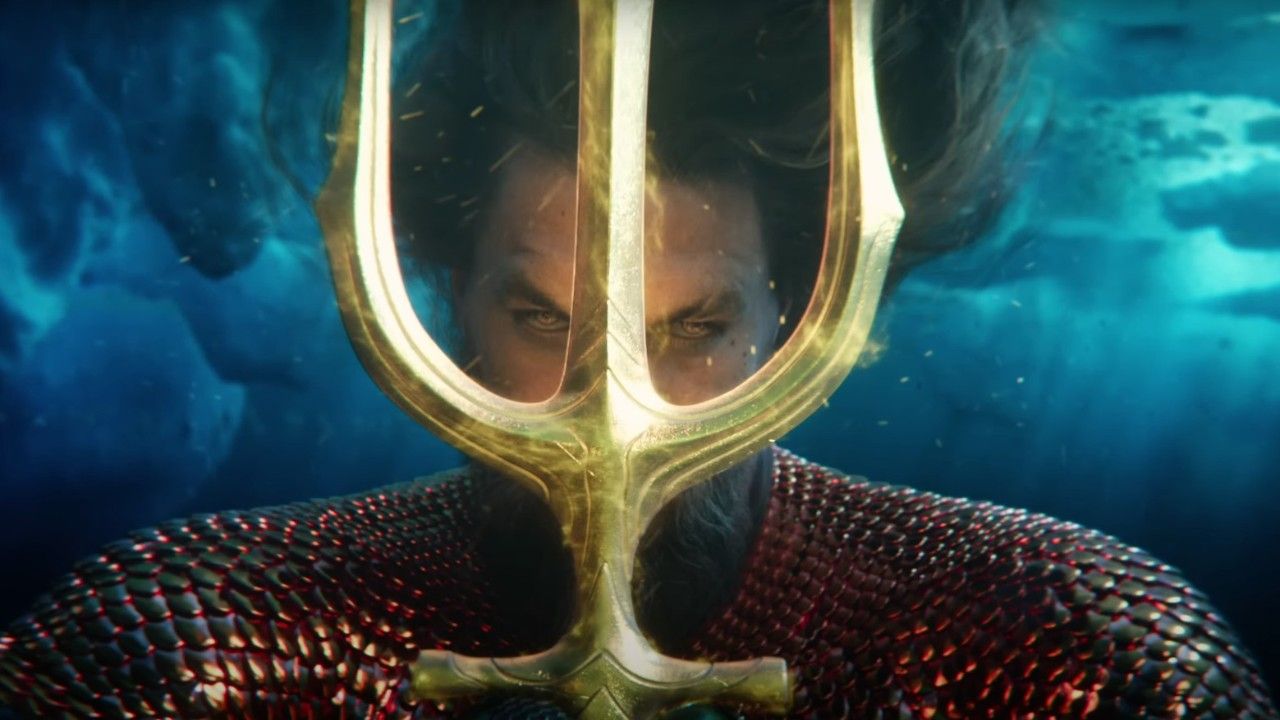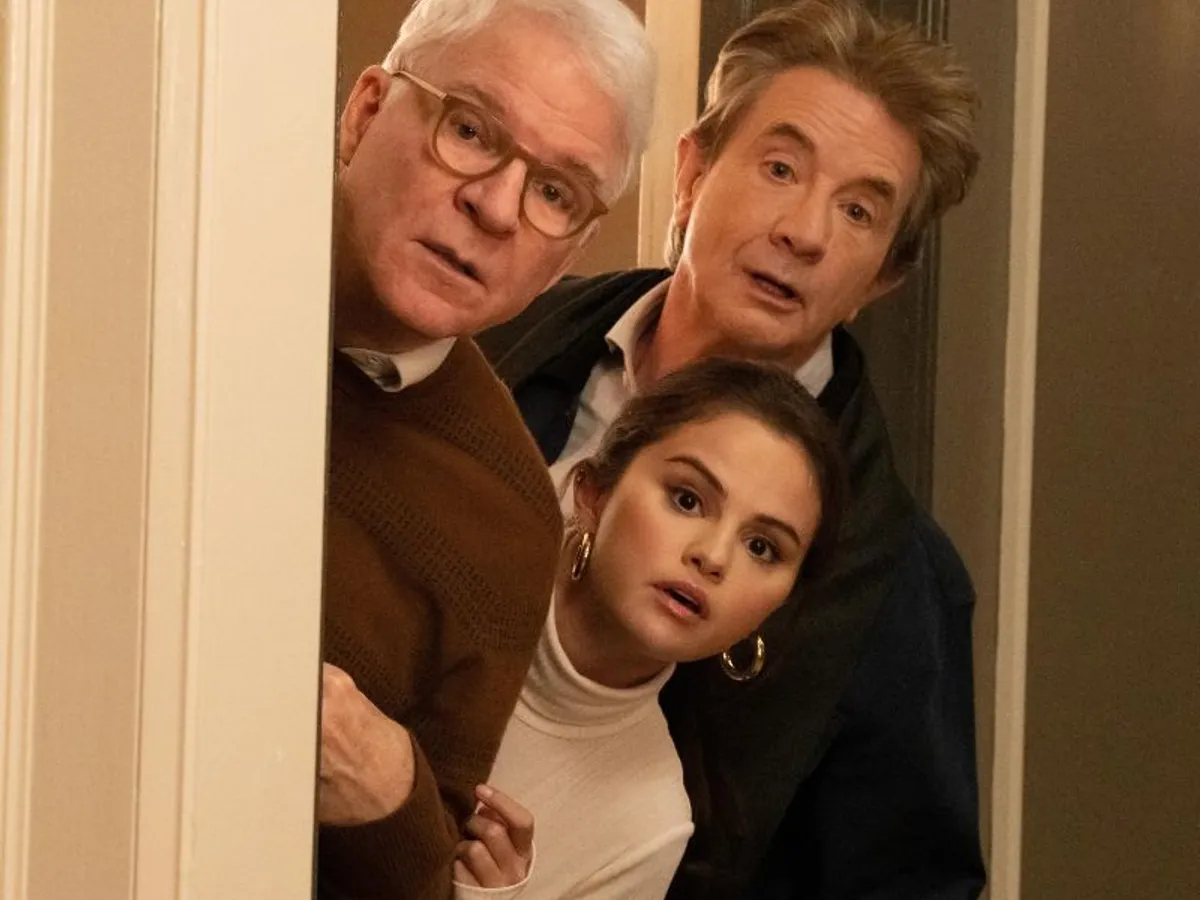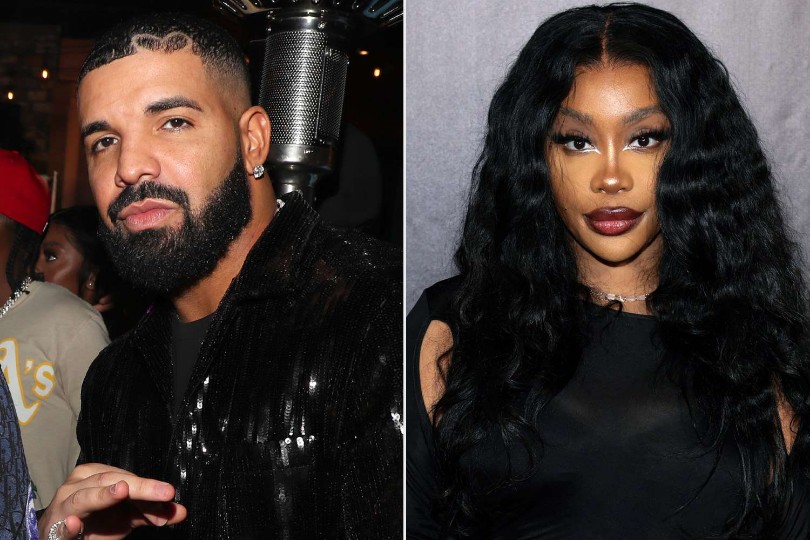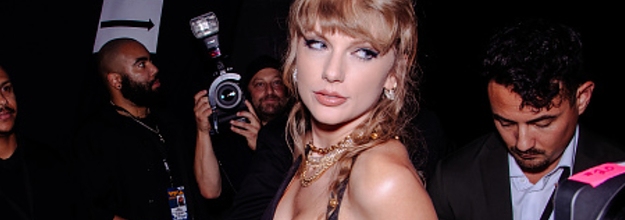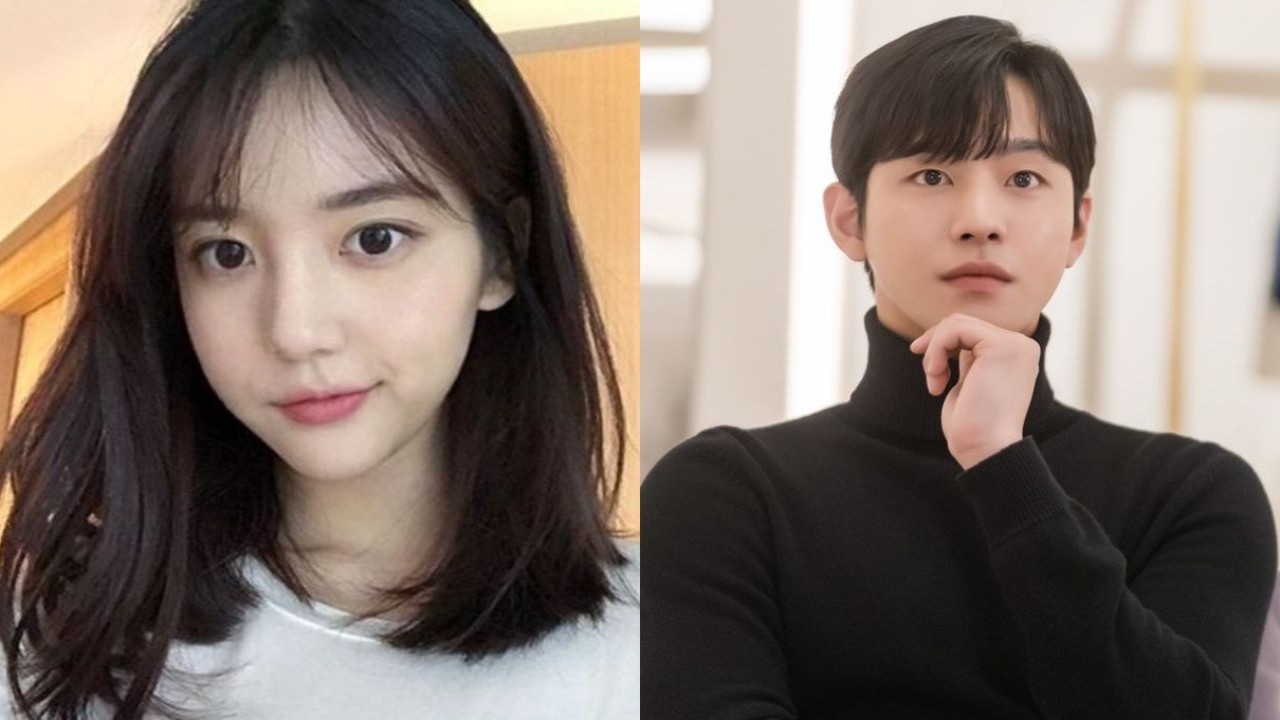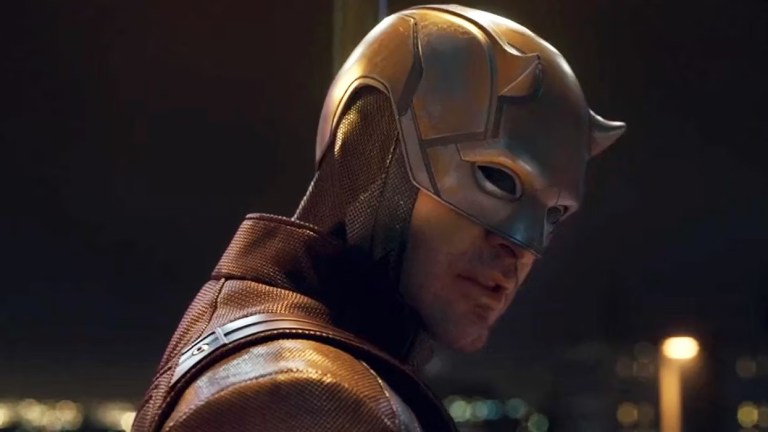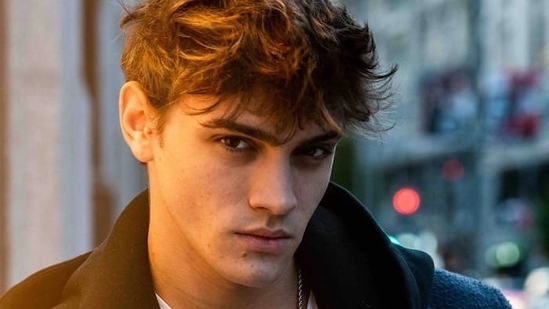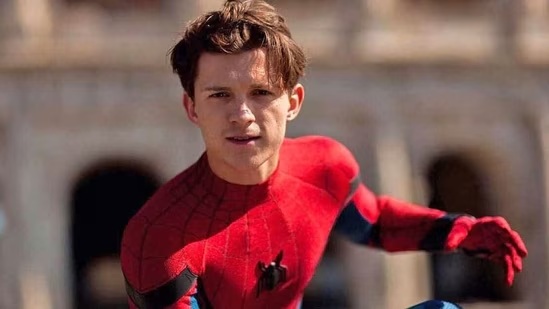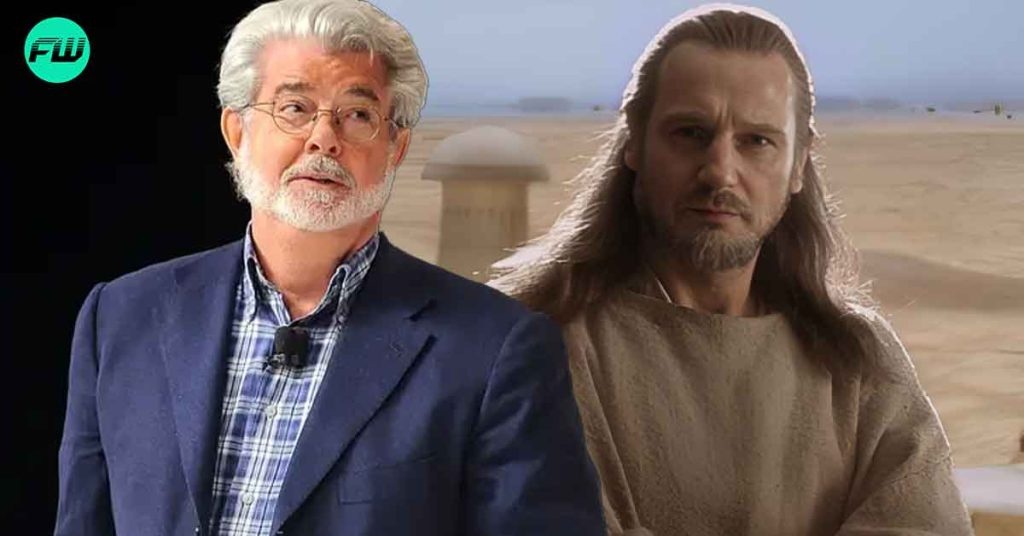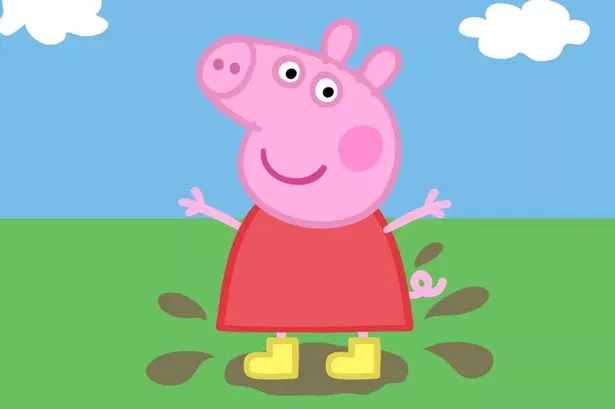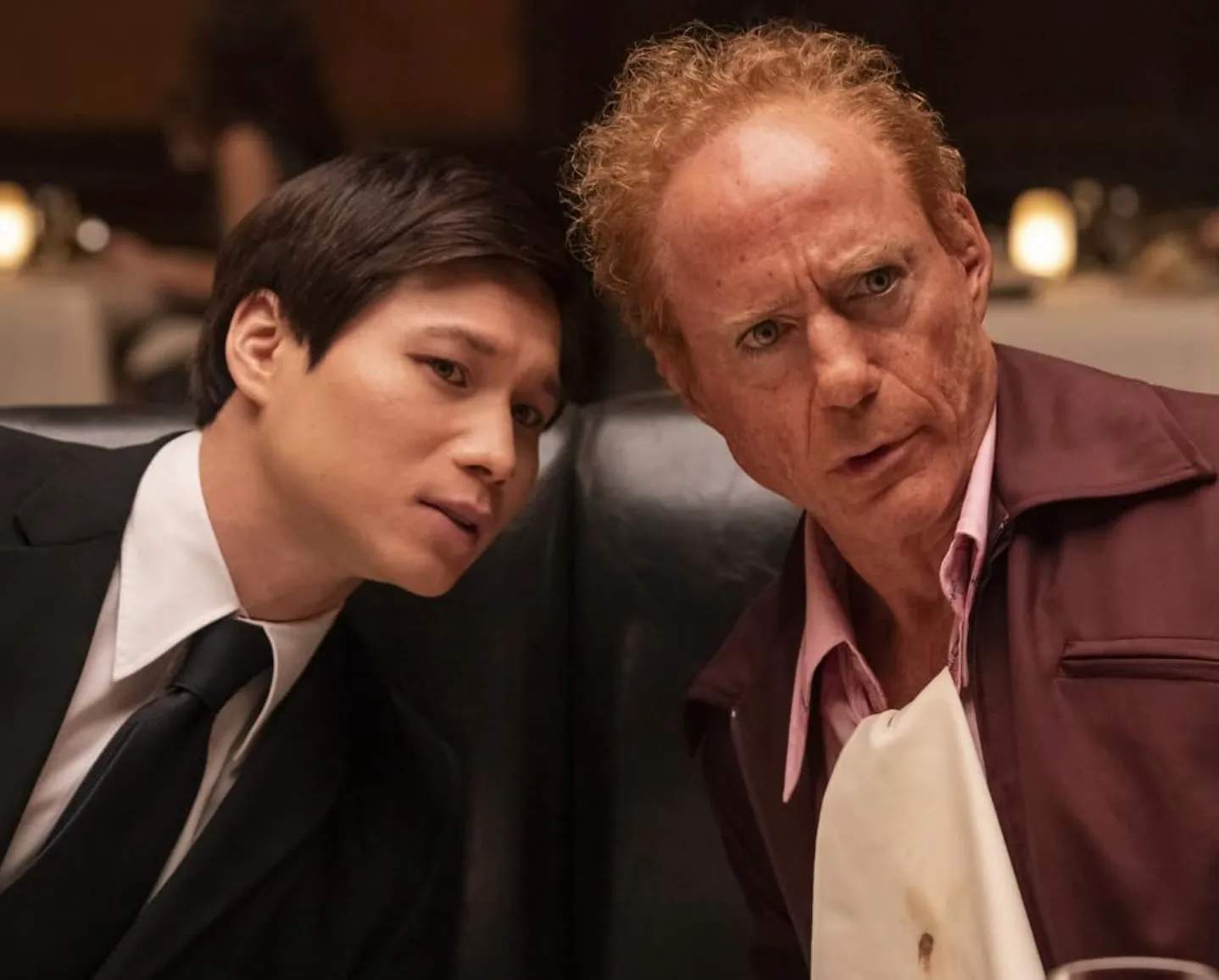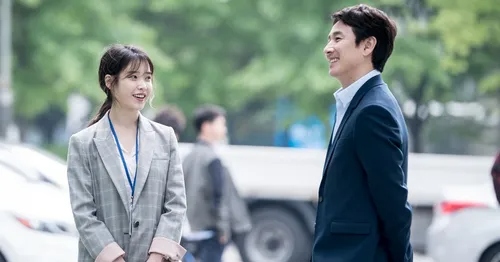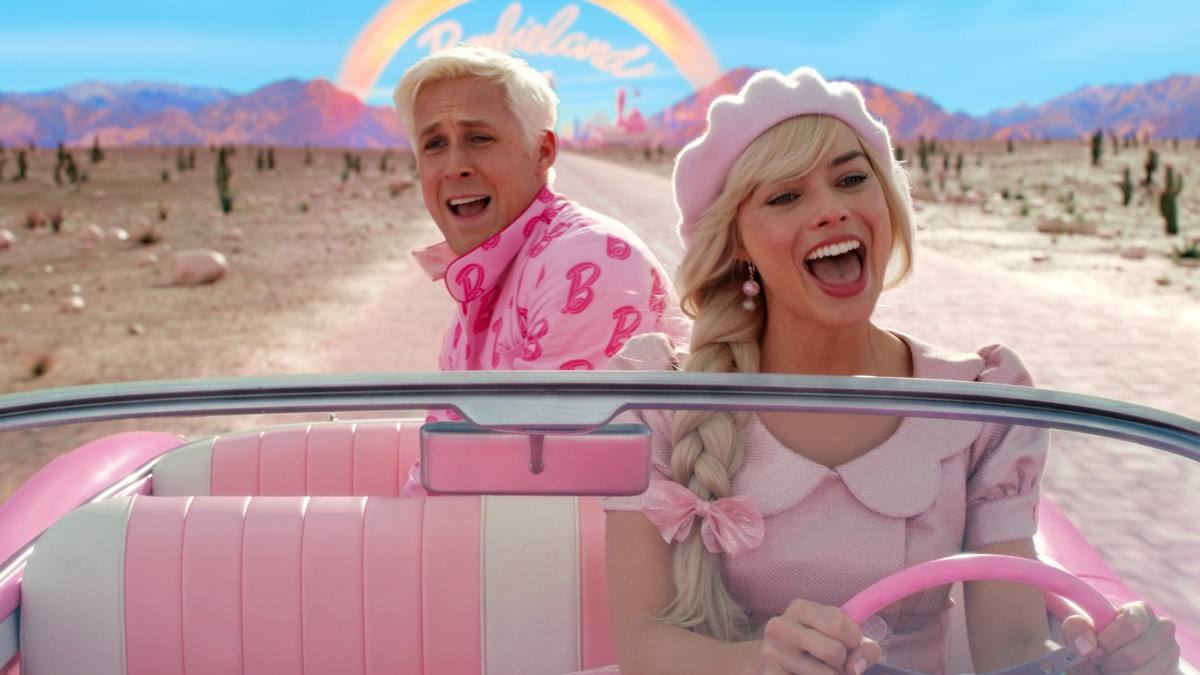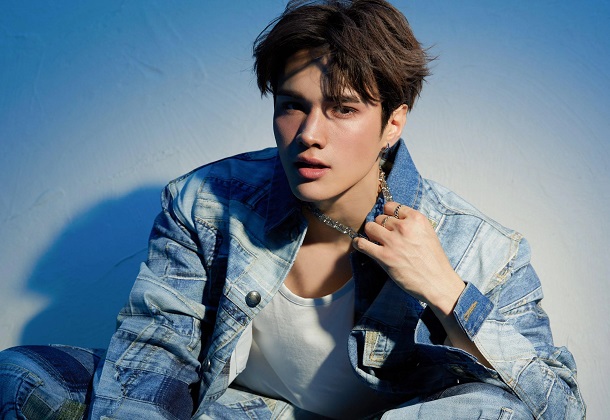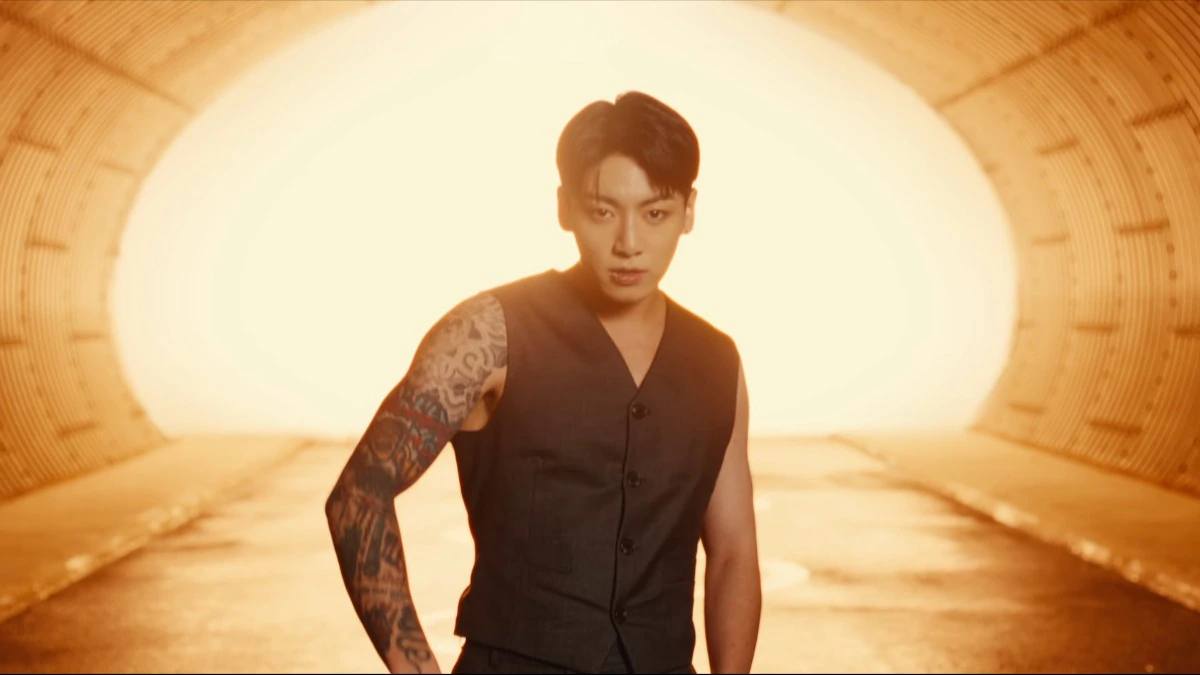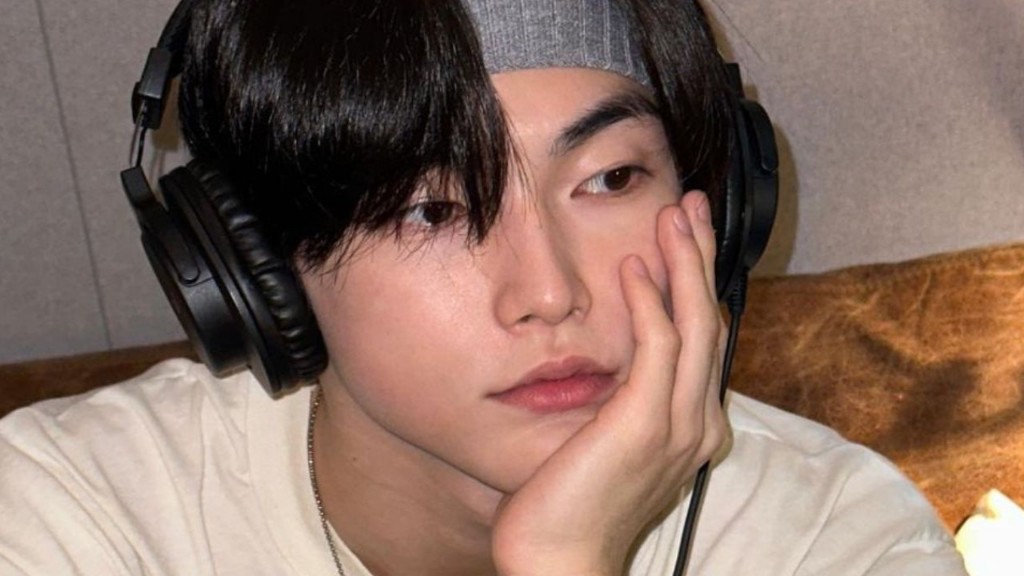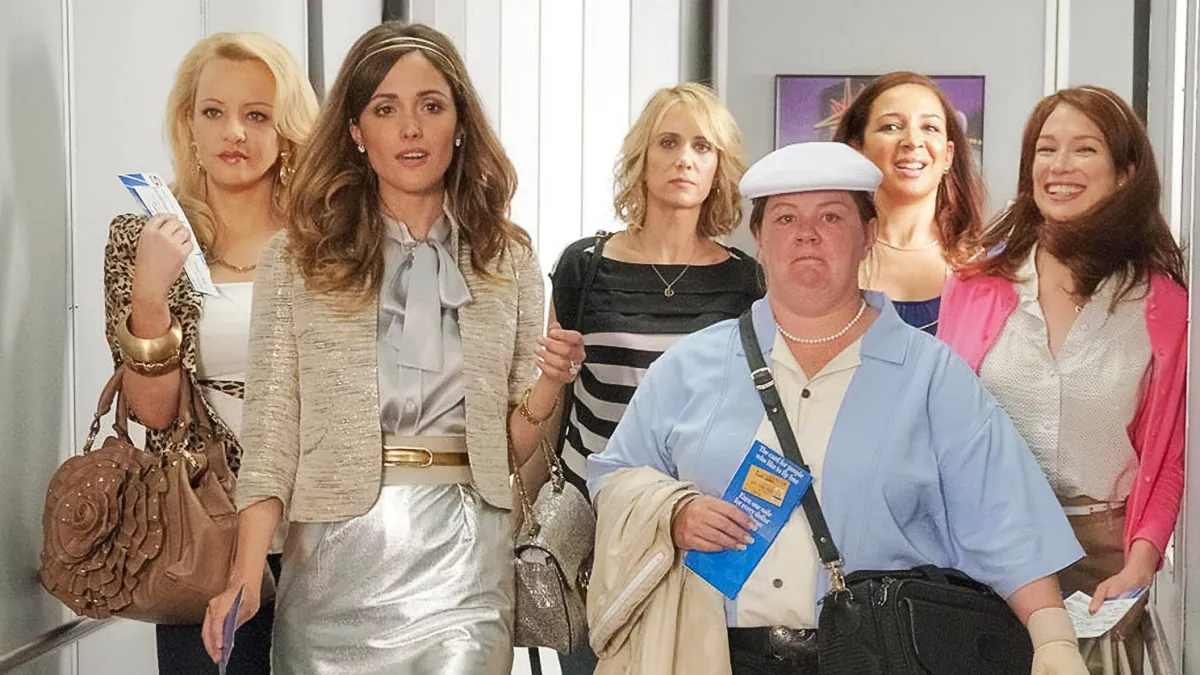“DCEU Bows Out with ‘Aquaman And The Lost Kingdom’: Reflecting on its Mixed Legacy”
December 2018 – “Aquaman” splashed onto the scene, making waves in the comic book realm. Jason Momoa, the crowned king of this culture, dazzled at the premiere, hinting at a triumphant era. Zoom ahead to 2023, and “Aquaman and the Lost Kingdom” silently drifts in, signaling the end of the DC Extended Universe (DCEU). Let’s dive into the saga of triumphs, controversies, and unexpected turns as we bid adieu.
The Rise and Fall
Five years post the grandeur of “Aquaman,” its sequel, “Aquaman and the Lost Kingdom,” arrives with a subtler entrance. No glitzy premiere; just a low-key fan screening at a posh mall. This shift captures the melancholic journey of the DCEU—a decade-long ride that catapulted actors to stardom, birthing a fervent fandom.
Origins of the DCEU
Backtrack to Christopher Nolan and then-Warners chief Jeff Robinov, who sowed the seeds. Nolan’s Dark Knight trilogy laid the groundwork, and Robinov dreamed big with Zack Snyder directing a Superman film. Yet, Nolan’s limited involvement and Snyder’s unique vision set the stage for an unpredictable rollercoaster.
A Vision Unfulfilled
Despite lofty aspirations, the DCEU struggled to match Marvel’s cinematic success. While “Wonder Woman” and “Aquaman” earned global cheers, others like “Suicide Squad” and “Birds of Prey” added complexity. Corporate chaos, with changing owners and leadership, only added to the instability.
Unmade Dreams
The graveyard of unrealized projects—Ben Affleck’s Batman, Ava DuVernay’s New Gods, and a shelved Batgirl movie. Shifting leadership, marked by Kevin Tsujihara’s scandalous exit, created an environment where completed projects vanished into obscurity.
Legacy of Casting
Amidst the chaos, casting became the DCEU’s lasting impression. Henry Cavill, Gal Gadot, and Ben Affleck embodied iconic roles. Despite criticisms, individual performances outshone collective success.
The SnyderCut Phenomenon
The DCEU’s journey intertwined with the rise of cults of personality, epitomized by Zack Snyder. The #ReleaseTheSnyderCut movement, fueled by online fervor, birthed an alternate “Justice League,” raising debates about artistic integrity.
Looking to the Future
As the DCEU bids adieu, DC Studios rises under James Gunn. “Superman: Legacy” in 2025 signals a fresh approach, moving away from interconnected universes. The industry anticipates whether this shift marks superhero fatigue or a lasting change.
The SnyderVerse: A Controversial Canvas
The SnyderVerse—Zack Snyder’s divisive narrative. His unique style, lauded for dark tones and intricate storytelling, sparked debates. The release of the SnyderCut marked a turning point, showcasing the internet’s influence on studio decisions.
The DC Studios Renaissance: A Glimpse into Tomorrow
DC Studios, led by James Gunn, offers a promising glimpse into the future. Shifting from interconnected universes to standalone projects, “Superman: Legacy” sets a new tone. The industry watches, wondering if this pivot signals a new era in superhero storytelling.
In this transition, the DCEU’s legacy, woven with triumphs and setbacks, becomes a tapestry. The SnyderVerse lingers as DC Studios steps into a stage filled with challenges and opportunities. Whether a tale of unfulfilled potential or a catalyst for change, the DCEU’s impact on the cinematic landscape is undeniable.
Final Thoughts
The DC Extended Universe bids farewell with “Aquaman and the Lost Kingdom,” paving the way for a new superhero cinema chapter.
In a world of capes and controversies, the DCEU says goodbye, leaving us eager for the next big-screen DC story.
